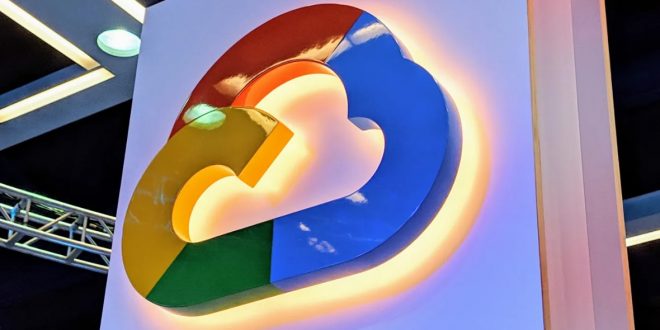Duet AI, Google’s generative AI features for text summarization, data organization, and more, is expanding to Google Cloud products and services.
At its annual Cloud Next conference, Google announced that Duet AI, still in preview with general availability later this year, can now help with code refactoring, or improving code without changing its external behavior.
In their preferred software development environment, developers can open a Duet AI-powered chat window and write a natural language prompt (e.g., “Convert this function to Go and use Cloud SQL”) to have Duet AI execute it (rewrite the function and convert the database connection to a managed relational database). Operators can chat with Duet AI in the Google Cloud Console to get “how to” infrastructure configuration advice and deployment, cost, and performance optimization tips.
Duet AI in Google Cloud Workstations, Google’s new dev environment, can write code and highlight best practices. Duet can generate flows using APIs and assets in Google Cloud Application Integration, the no-code tool for software-as-a-service app integration, creating documentation and test cases.
Google says select enterprises can customize Duet AI with “organization-specific” knowledge from their libraries and codebases to generate context-aware code suggestions. Duet AI can generate code for a function that finds all products under $10 in a company’s catalog.
Another new connector to Apigee, Google’s API management platform, lets Duet AI design, create, and publish APIs from natural language prompts. More tightly integrated with BigQuery, Google’s fully managed serverless data warehouse, and Looker, Google Cloud’s business intelligence tool for data exploration and discovery.
Google describes Duet AI in BigQuery as a “collaborative” experience that provides “contextual assistance” for SQL queries and Python. Based on metadata and schema, BigQuery’s Duet AI can generate full functions and code blocks, recommend fixes, and explain code in real time. Vector embeddings, mathematical representations of data, can power semantic searches and recommendation queries with Duet AI.
Vertex AI, Google’s cloud platform for building, training, and deploying machine learning models, lets customers customize Duet AI’s text-to-code model to match their coding standards.
Duet AI powers Looker’s “context-rich insights” and report creation tools, as well as chat assistance. Chat assistance in Cloud Workstations, Spanner, and Apigee lets users ask questions about their business data and get answers in natural language, like OpenAI’s ChatGPT.
Duet AI in Looker can generate presentations, summaries, calculations, and visualizations from saved reports, and LookML projects via chat assistance and other dashboards. Google plans to add Duet AI data analysis in a collaborative notebook later this year.
AlloyDB, Cloud SQL, and Cloud Spanner, Google Cloud’s distributed database management and storage service, will also get Duet AI. Duet AI will generate natural language code to structure, modify, and query data from Cloud Spanner. For instance, Duet AI will generate code when asked to “Write a query to show all data in the messages table”.
Duet AI will soon be available in Google’s Database Migration Service (DMS) to simplify third-party data migration to Google Cloud. Oracle customers can use Duet AI in DMS to convert stored procedures, functions, triggers, packages, and custom query language code to AlloyDB and Cloud SQL later this year.
Google promises much with Duet AI. However, this reporter questions the models’ coding errors.
Much has been written about the risks of generative AI coding tools, including their context interpretation limitations. A recent Stanford study found that code-generating AI systems make software engineers more likely to create app security vulnerabilities. Copilot, an early user of GitHub’s generative AI, noted that ambiguous requirements, variable naming conflicts, and even a single line of code can mislead it.
The copyright issue follows.
Code-generating systems like Duet AI are trained on publicly available code, which is often licensed restrictively. Many legal experts believe that generative AI tools could put companies at risk if they unwittingly incorporate copyrighted suggestions into their production software.
Google mitigates by having Duet AI cite code suggestions’ sources. Google promises that Duet AI code, inputs, and recommendations won’t be stored to train models (like PaLM 2) or used to develop products to reassure enterprise customers’ privacy and security concerns.
 Tech Gadget Central Latest Tech News and Reviews
Tech Gadget Central Latest Tech News and Reviews




